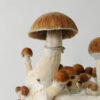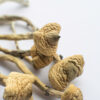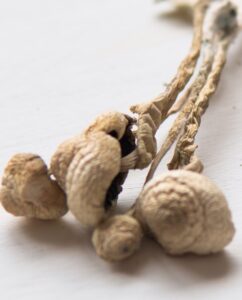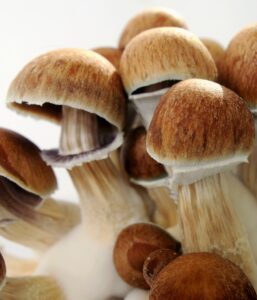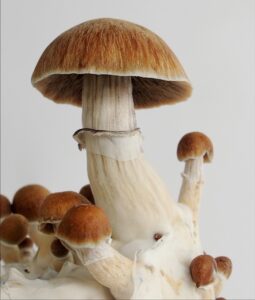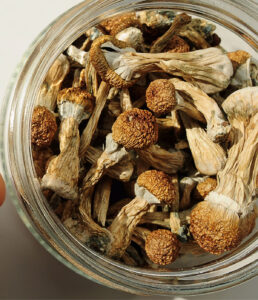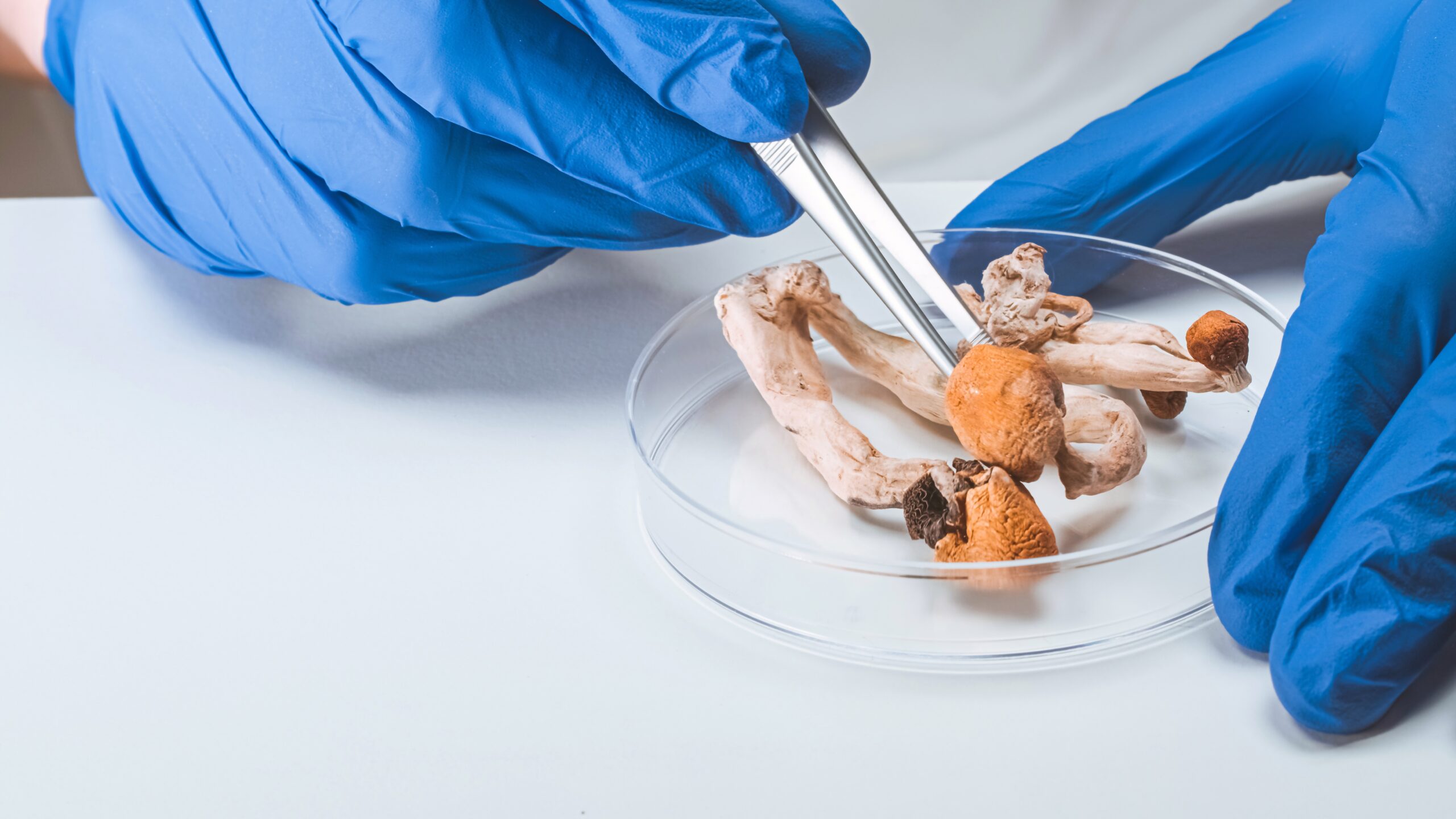
Summary of research article by von Rotz et al., published in eClinicalMedicine, Part of THE LANCET Discovery Science, on December 28, 2022.
The present paper investigates the efficacy of single-dose psilocybin-assisted therapy in treating major depressive disorder (MDD) through a placebo-controlled, double-blind, randomized clinical trial. The findings suggest that a single dose of psilocybin, when administered with supportive psychotherapy, can produce significant and sustained improvements in depressive symptoms.
Major depressive disorder is a prevalent and debilitating mental health condition that affects millions of individuals worldwide. Despite the availability of various treatments, such as antidepressant medications and psychotherapy, many patients do not achieve full remission. Recent studies have shown that psilocybin, a naturally occurring psychedelic compound found in some species of mushrooms, may have potential as a novel treatment for depression.
In this clinical trial, the researchers aimed to assess the therapeutic effects of a single dose of psilocybin on patients diagnosed with MDD. The study involved 59 participants who were randomly assigned to either the psilocybin group or the placebo group. Both groups received supportive psychotherapy throughout the study, which consisted of preparatory, integration, and follow-up sessions.
The participants in the psilocybin group received a single oral dose of 25 mg of psilocybin, while those in the placebo group received a niacin-matched placebo. The primary outcome measure was the change in depression severity, as assessed by the Montgomery-Åsberg Depression Rating Scale (MADRS) from baseline to one week and four weeks post-treatment.
The results revealed a significant reduction in depressive symptoms in the psilocybin group compared to the placebo group at both one-week and four-week follow-ups. The mean reduction in MADRS scores was 17.2 points in the psilocybin group compared to 5.3 points in the placebo group after one week, and 14.9 points compared to 6.3 points after four weeks. Additionally, the researchers observed a rapid onset of antidepressant effects within 24 hours of psilocybin administration, which persisted throughout the study.
Furthermore, the trial reported a favorable safety profile for psilocybin, with no severe or persistent adverse events related to the drug. Some transient side effects were observed, including headache, nausea, and transient anxiety, but these were generally mild and short-lived.
The study has several strengths, including its rigorous design, the use of a placebo control, and the assessment of outcomes at multiple time points. However, some limitations should be considered. The sample size was relatively small, and the trial duration was relatively short, which may limit the generalizability of the findings. Additionally, the study did not include participants with treatment-resistant depression or those with a history of substance use disorders or psychotic disorders, which further limits the applicability of the results.
In conclusion, this clinical trial provides compelling evidence that a single dose of psilocybin, when combined with supportive psychotherapy, can lead to significant and sustained reductions in depressive symptoms in individuals with major depressive disorder. These findings suggest that psilocybin-assisted therapy could be a promising new treatment approach for depression. However, further research is needed to confirm these results in larger and more diverse patient populations and to explore the long-term safety and efficacy of this treatment.

